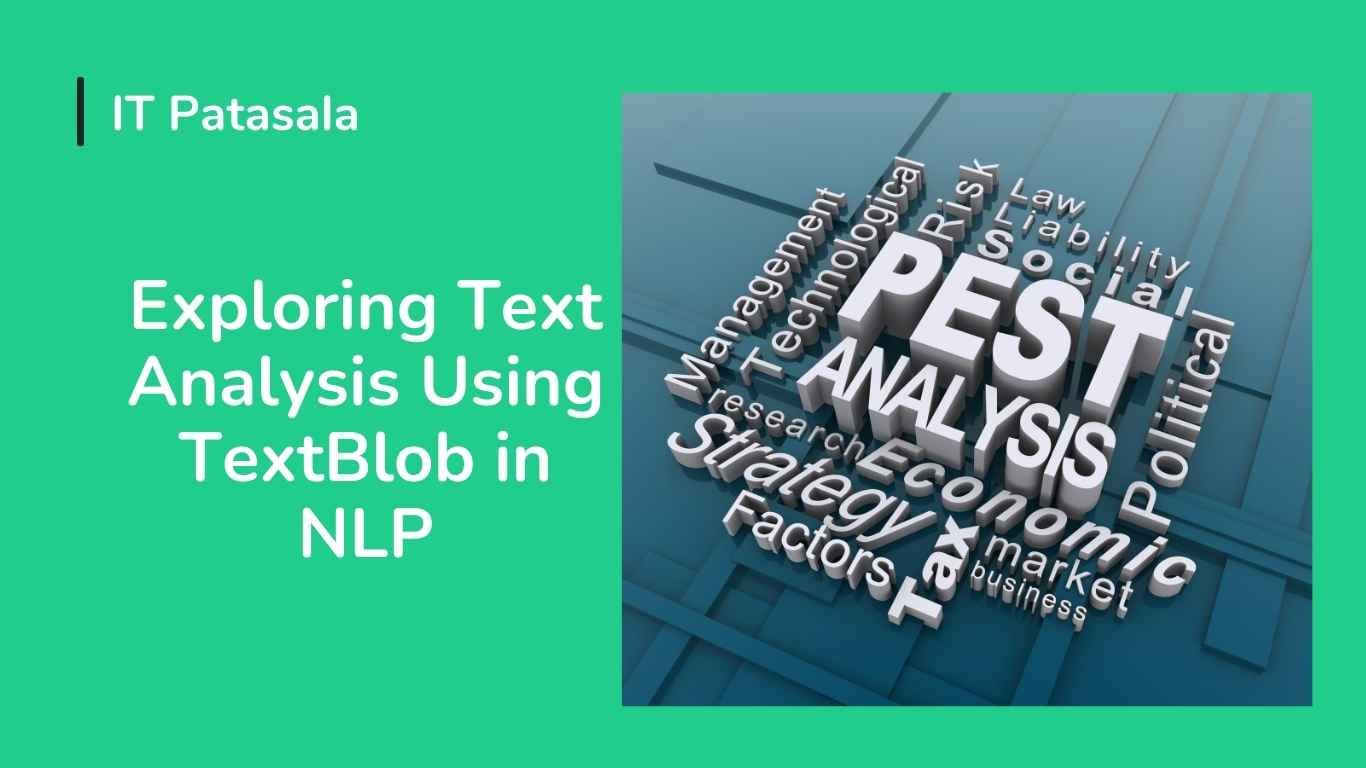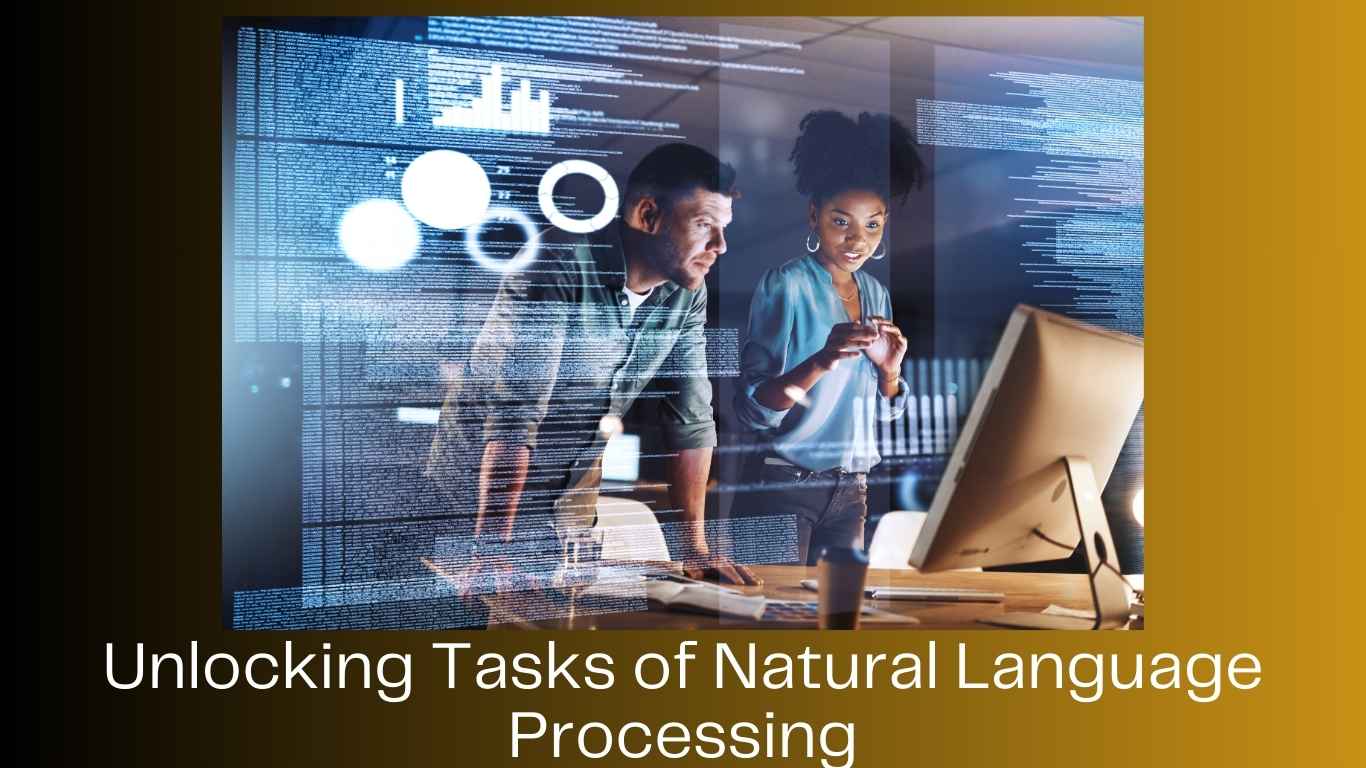How Will AI Replace HR Jobs Best Guide in 2025?
👩💼 Will AI Replace HR Jobs?
In the age of artificial intelligence, one common fear echoes across industries:
Will AI replace human jobs?
And when it comes to Human Resources—a field built around “humans”—the question becomes even more intriguing:
Will AI replace HR jobs? Or will it enhance them?
In this detailed blog post, we’ll uncover the real impact of AI on HR departments, discuss where automation is already happening, and explore whether HR professionals should worry—or evolve.
🤖 What is AI in HR?
AI (Artificial Intelligence) in HR refers to using machine learning, natural language processing, and automation tools to improve, streamline, or replace traditional HR processes such as:
- Recruiting
- Resume screening
- Employee onboarding
- Payroll and benefits administration
- Employee engagement and analytics
AI in HR doesn’t just mean robots taking over—it means intelligent systems helping HR teams make smarter, faster, and more consistent decisions.
🔍 Why Is This Question Being Asked?
HR professionals are noticing:
- AI bots conducting initial interviews
- Automated tools screening thousands of resumes
- Software tracking employee productivity and mood
As AI tools become more sophisticated, the boundaries between human and machine roles in HR are blurring.
Let’s explore which HR tasks AI can take over—and which still need the human touch.
📋 What Tasks AI Can Perform in HR (and Already Does)
AI is already handling repetitive and time-consuming HR tasks, such as:
📄 1. Resume Screening
Recruiters spend hours reading resumes. AI tools like HireVue, Pymetrics, and Lever can:
- Scan resumes for keywords
- Score candidates based on experience and job description
- Eliminate bias based on predefined criteria
Real Example:
Unilever uses AI to analyze thousands of applicants for internships. Their AI hiring tool reduced screening time by 75%.
🗣️ 2. Conducting Initial Interviews
AI-powered chatbots can:
- Ask candidates pre-interview questions
- Assess answers using NLP (Natural Language Processing)
- Score responses for relevancy and communication
Example:
Vodafone uses AI bots for the first round of interviews to filter candidates before human interviews.
📅 3. Scheduling Interviews
AI assistants like X.ai or Calendly with automation can coordinate interview times with multiple parties, avoiding human error or delays.
📊 4. Payroll, Benefits, and Compliance
AI tools help HR automate:
- Salary calculations
- Tax deductions
- Leave management
- Benefits enrollment
Tools: ADP Workforce Now, Zenefits, Gusto
😃 5. Employee Engagement & Feedback
AI sentiment analysis tools assess:
- Employee emails or chats
- Pulse surveys
- Social interaction patterns
They generate reports about employee morale, stress levels, and burnout indicators.
Example:
Startups like CultureAmp and Glint use AI to measure employee satisfaction in real time.
🤖 So… Will AI Replace HR Jobs Entirely?
Short answer: No.
AI will augment, not replace HR professionals. While AI can automate tasks, it cannot replace human intuition, empathy, and cultural sensitivity.
🧠 HR Tasks AI Cannot Perform (and Likely Never Will)
❤️ 1. Emotional Intelligence and Conflict Resolution
HR is often the heart of a company—handling sensitive issues like:
- Workplace disputes
- Harassment claims
- Mental health concerns
- Employee counseling
These tasks require empathy, trust, and confidentiality, which machines cannot offer authentically.
🧭 2. Building Company Culture
Culture isn’t built by algorithms—it’s shaped by humans through:
- Interpersonal relationships
- Team-building
- Shared values
- Real-time feedback loops
AI can track engagement but can’t create belonging.
🧑🏫 3. Training and Leadership Development
AI can help track progress, but mentoring, coaching, and guiding future leaders is a human job. It needs experience, wisdom, and interpersonal connection.
🧬 4. Ethics and Human Judgement
AI may recommend terminating an underperforming employee. But should you?
Only a human can weigh:
- Personal challenges
- Long-term potential
- Past contributions
AI lacks moral reasoning—it can only follow patterns.
⚖️ Ethical Concerns Around AI in HR
Using AI in hiring and HR isn’t risk-free. There are concerns such as:
- Bias in algorithms: AI can unintentionally reflect racial, gender, or age biases in training data
- Transparency: Candidates may not know they’re being judged by AI
- Data privacy: Employee analytics can cross ethical boundaries
Real Example:
Amazon scrapped an AI recruiting tool in 2018 after it was found to favor male candidates over females due to biased training data.
🏢 What Companies Are Saying
Many global organizations now treat AI as a co-pilot, not a replacement.
- Microsoft: “AI in HR should free up people to do the work only humans can do.”
- LinkedIn: Uses AI to match job seekers to recruiters but maintains human review.
- IBM: Uses AI to reduce bias in performance evaluations, with final approval from HR managers.
💼 How AI Is Transforming HR Roles
Instead of eliminating jobs, AI is evolving the HR profession. Future HR roles will involve:
- AI trainers: Teaching AI how to make fairer decisions
- Ethical auditors: Ensuring AI is used responsibly
- HR data analysts: Interpreting AI-generated insights
- Employee experience designers: Combining tech with human empathy
🎓 What HR Professionals and Students Should Learn
To remain future-proof, HR professionals must:
- Understand how AI works (even basic knowledge helps)
- Learn tools like Workday, SAP SuccessFactors, BambooHR
- Gain skills in data analytics
- Develop digital HR strategies
- Stay strong in communication, ethics, and empathy
Soft skills + tech fluency = future-ready HR
🔮 Future of HR: Human + AI = Smart Workforce Management
HR is evolving into a data-driven strategic partner—not just an administrative function. With AI handling the “what,” humans can focus on the “why” and “how.”
The future HR department will:
- Use AI for decision support
- Build inclusive cultures
- Focus on employee wellbeing
- Drive innovation through people
✅ Final Verdict: Will AI Replace HR Jobs?
No, AI will not replace HR jobs. It will reshape them.
Routine tasks will be automated. But the human side of HR—empathy, creativity, and emotional intelligence—remains irreplaceable.
AI will help HR professionals:
- Work faster
- Make data-driven decisions
- Focus more on people and less on paperwork
The real winners in the future of HR will be those who embrace AI—not fear it.




